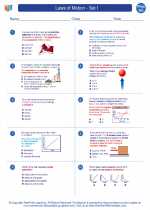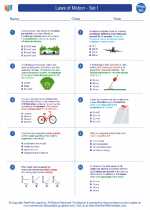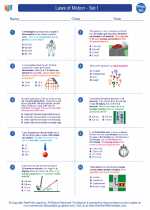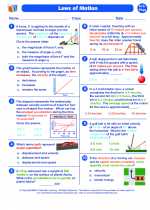Compounds
A compound is a substance composed of two or more elements that are chemically combined in fixed proportions. The elements in a compound are held together by chemical bonds, which can be ionic or covalent.
Types of Compounds
There are two main types of compounds: ionic compounds and molecular (covalent) compounds.
Ionic Compounds
In ionic compounds, the elements are held together by ionic bonds, which are formed by the transfer of electrons from one atom to another. Ionic compounds are typically formed between metals and nonmetals.
Molecular (Covalent) Compounds
In molecular compounds, the elements are held together by covalent bonds, which are formed by the sharing of electrons between atoms. Molecular compounds are typically formed between nonmetals.
Properties of Compounds
Compounds have different properties than the elements from which they are formed. These properties include melting and boiling points, solubility, and electrical conductivity.
Naming Compounds
Compounds are named using a specific set of rules based on the type of compound and the elements involved. For example, ionic compounds are named using the names of the individual ions, while molecular compounds use prefixes to indicate the number of each element present.
Study Guide
- What is a compound?
- What are the two main types of compounds?
- How are ionic compounds formed?
- How are molecular compounds formed?
- What are some properties of compounds?
- How are compounds named?
◂Physics Worksheets and Study Guides High School. Laws of Motion - Set I

 Worksheet/Answer key
Worksheet/Answer key
 Worksheet/Answer key
Worksheet/Answer key
 Worksheet/Answer key
Worksheet/Answer key
